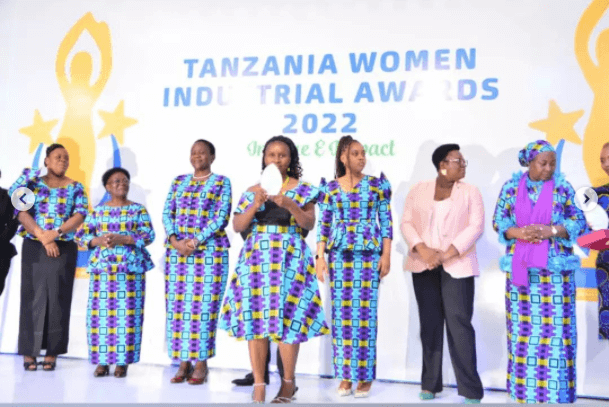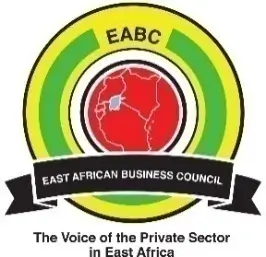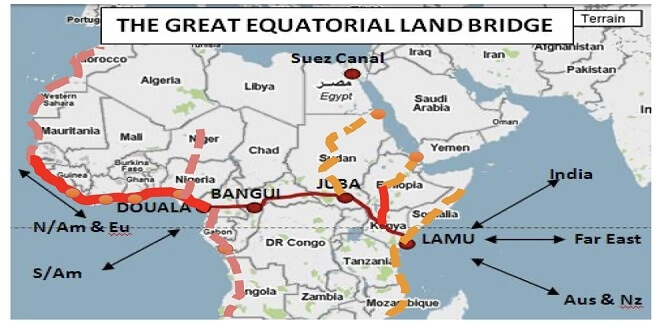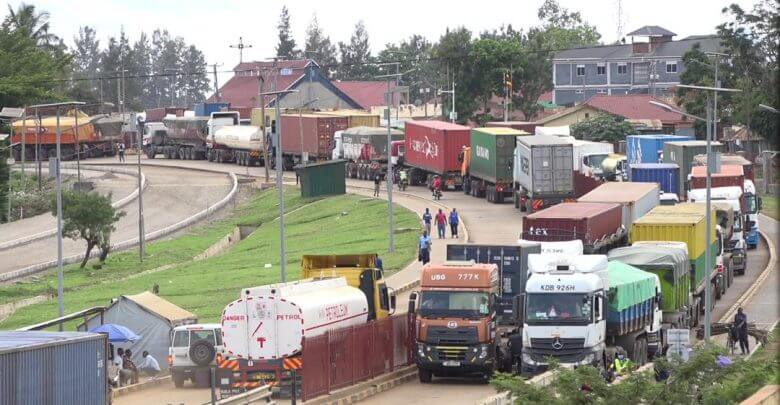Summary Many women hold top positions in various institutions, but their rise was not smooth at all Dar es Salaam. On March 8, the world celebrated Women’s Day. Once again for Tanzania, The Citizen’s Rising Woman Initiative made the day even more exciting. The initiative, a brainchild of Mwananchi Communications Limited (MCL), which kicked off last year, attracted women and men from different organisations who gathered at the Dar es Salaam Serena Hotel and deliberated various issues including the importance of women holding top positions for inclusive societal growth. Starting in the morning with a special occasion of “Women in Energy Breakfast” the day culminated in the evening during the main event with panellists expressing their views on how the bias can be broken. Some recounted the ordeal they had to go through before reaching the current level of being recognised in their communities. One such story that made this year’s initiative so unique, is that of Ms Rose Njilo from Ngorongoro who was married when she was just 12 years old. Hailing from the Maasai community, Ms Njilo, who was one of the panellists and director of the Mimutie Women Organization (Mwo), a watchdog for specialist groups (children and women) in pastoralist communities, says it is her courage and diligence that brought her to where she is today. She says she got married shortly after finishing standard seven in 1997 as the third wife amidst many challenges that forced her not to tolerate the marriage. “I was married off when...
Chatting gender equality for sustainable growth
Posted on: March 14, 2022
Posted on: March 14, 2022
























